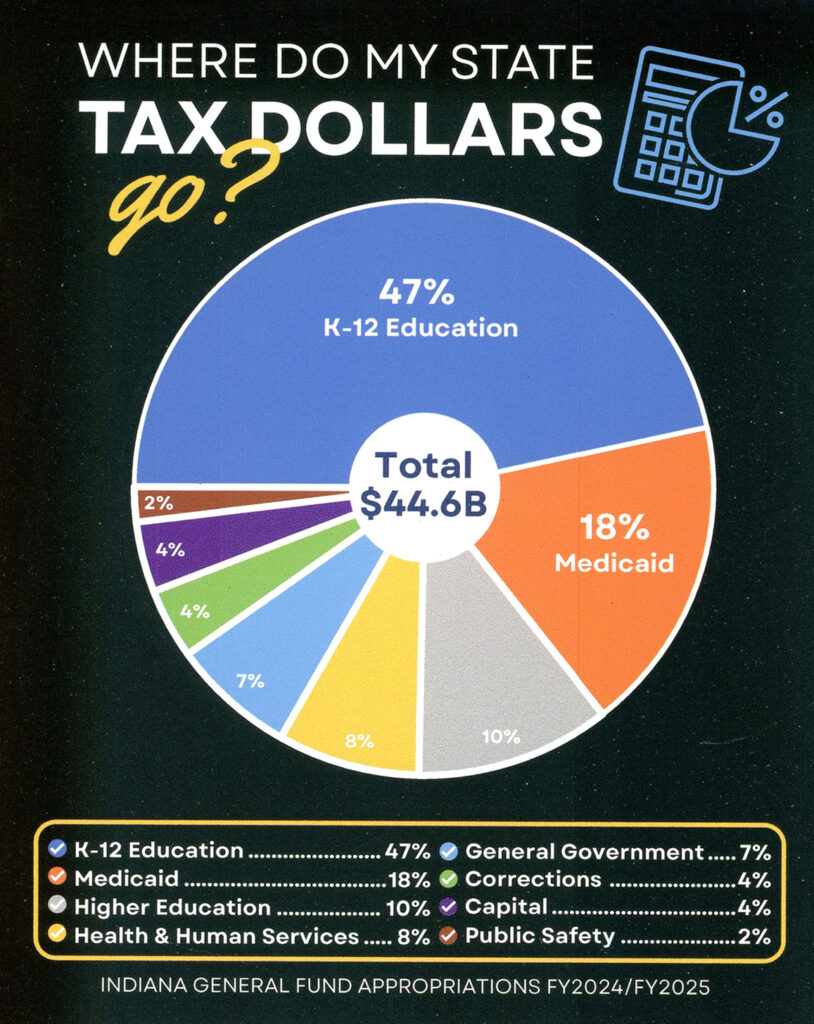[Open Letter to the President of Purdue University]
Dr. Mung Chiang
President
Purdue University
Hovde Hall – Rm 200
610 Purdue Mall
West Lafayette IN 47907-2040
President Chiang:
I have enclosed a copy of part of the front page of The Epoch Times, Jan 14-20 issue. The page one top headline says, “Behind the Group That Controls Chinese Students in US”. The long, comprehensive article continues on page A6. I hope you are aware of the article or, if not, will seek it out.
I have been aware the largest student organization on the Purdue campus is the Chinese Student and Scholars Association. At least that is what has been reported. If what the article reports is accurate, I believe Purdue has a real problem.
Early in the article, Dr. Frank Xie Tian, who teaches an MBA program at the University of South Carolina now, is mentioned. I will quote a part of the article….
“Xie arrived in the United States in 1986 as a doctoral student in chemistry at Purdue University in Indiana. He joined the local CSSA, appreciating it for much-needed services such as apartment hunting, airport pickup, and grocery carpooling. But soon, he learned that the Chinese Consulate had hand-picked the CSSA president and paid him a small stipend while he monitored his peers and reported back to officials.”
I cannot believe there has been any change favorable to the United States since 1986; maybe it is even worse and under tighter control from China. This means Chinese students are in a position to copy and steal all sorts of intellectual property involving research being carried on at Purdue.
I realize there are millions of dollars flowing to Purdue and to the West Lafayette community from Chinese students. But I must wonder if it is in the best interest of the USA. I don’t think so.
I was a middle-aged grad student at Purdue in 1989 at the time of Tiananmen Square. There was a Chinese grad student in the same research group I was in. He remained in the United States permanently. I believe he was given asylum at the time. So, issues with Communist China have continued for years.
At one point somewhat recently, there was to be a Congressional Committee to investigate the presence of Chinese students in our research universities and companies. I don’t know if that ever happened, but certainly Purdue is among the top research universities in the country. It should not be in a position of being a funnel of information back to China which it appears the Chinese Student and Scholars Association is.
Again, I think Purdue has a big problem.
Sincerely,
Kent H Blacklidge Ph.D.



